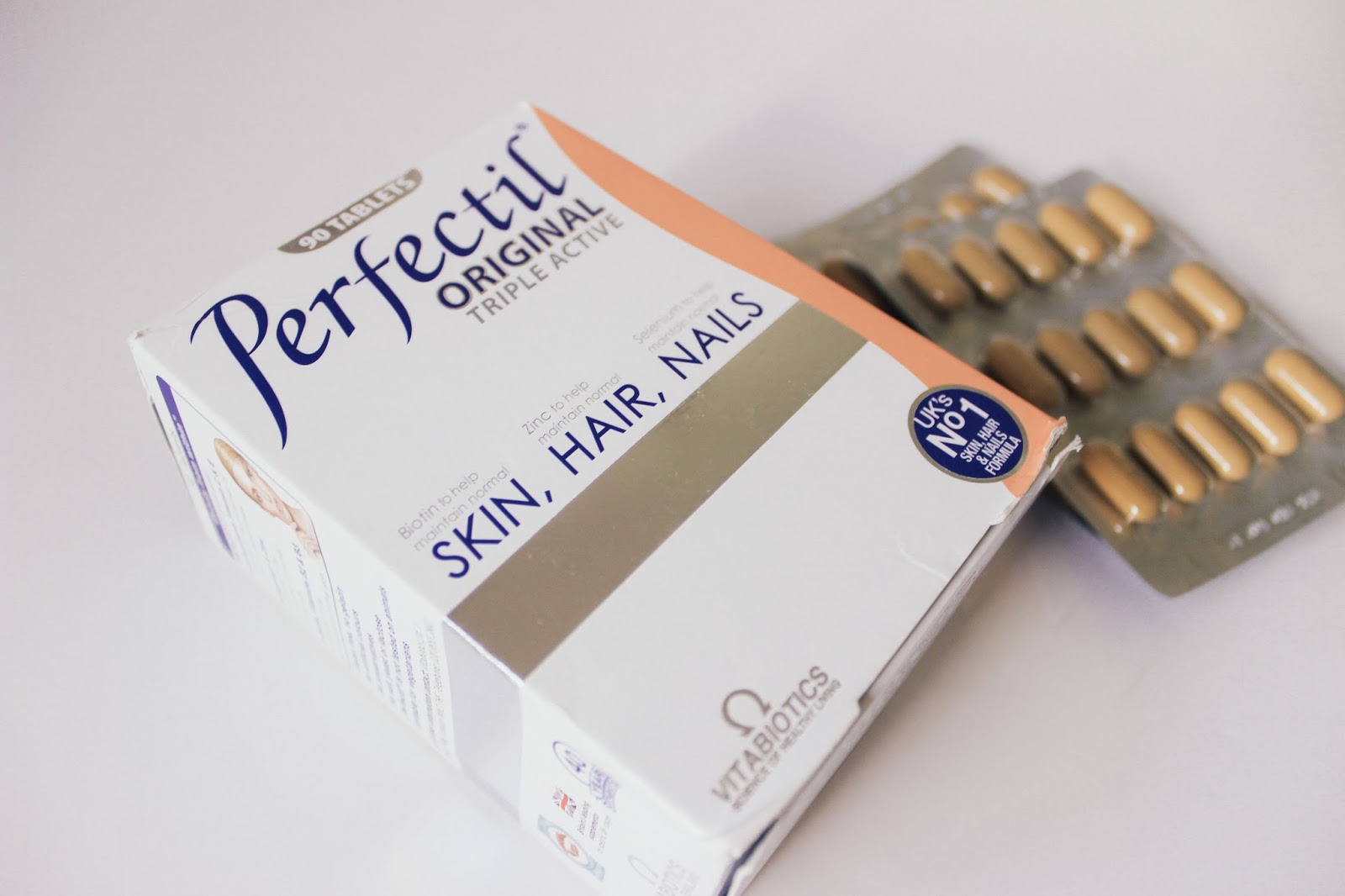Hair vitamins promise to help with issues ranging from hair thinning to breakage, but with so many products on the market, how do you decide which are right for you, and what’s a healthy hair essential? Lisa shares her story with Perfectil.

As a vegan/vegetarian who’s all too familiar with the dreaded ‘stress-shed’ as a result of burning the candle at both ends and a high-pressure job, I always felt that I had lacked key hair-building nutrients, which is why I decided to support my system with my healthy hair essential, Perfectil Plus Hair.
Hair is a non-essential tissue, and is, therefore; positioned low in the body’s pecking order when it comes to the delivery of nutrition (first comes the heart, then the lungs and the liver, etc.). Also, consider the energy requirements of hair cells: they are the second fastest cells the body produces, so it is no surprise that they often quite simply do not get the goodness they need.
To maximize hair health, it is crucial to look at a few factors to foster growth, among which are getting enough sleep and exercise, managing stress levels, and eating a healthy, balanced diet. It is worth noting, though, that those measures won’t affect the condition of existing strands, so treating hair kindly is essential. To keep mine glossy and hydrated, I use a deep conditioning treatment every other day and only use heated tools on extra-special occasions, and religiously apply some nourishing serum into my damp strands post-shower.
Altogether, my other efforts have paid off: my hair used to be fine, brittle and would not grow past my collarbones, but thanks to the full spectrum of nutrients I got with each Perfectil pill and treating my hair well, it has now grown long and looks lustrous. I saw results after around three months, though bear in mind when you embark on a course that hair only grows half an inch every four weeks, so you may need to give it a bit of time before you see a tangible improvement.

Here’s a breakdown of the strand-saving nutrients found in Perfectil Plus Hair that have given my hair a helping hand and made it my healthy hair essential:
Iron: The most important mineral for hair growth, a deficiency that can affect blood flow to the scalp, resulting in undernourished hair (which is dry, brittle, and lustreless). It is found in red meat, but vegetarians should fill up on dark green leafy vegetables, brown rice, nuts, and seeds.
B vitamins: These create red blood cells, essential for carrying oxygen and nutrients to the scalp and follicles. Mainly in meat, they are also found in whole grains, almonds, eggs, fish and pulses, seeds and dark leafy greens.
Biotin: Contributes to normal hair and micronutrient metabolism – the substance that forms your hair, especially helpful if you have a low-protein diet as it helps, your body utilize the proteins you do eat.
Protein: The building block of hair, that dramatically affects the rate of growth. Particularly important if you are vegan or vegetarian.
Zinc: Essential to metabolize carbohydrate, protein and fat, as well as the breakdown of other micronutrients. Deficiency is quite common as zinc binds to phytate, a substance found in foods such as beans, nuts and whole grains.
Vitamin D: contributes to the normal function of the immune system. Good sources include oily fish, red meat, egg yolks, and sunshine.
Vitamin C: Essential for the production of collagen, which helps to give hair shine. Good sources are fruit, peppers, and broccoli.
Vitamin E: This antioxidant contributes to the protection of cells from oxidative stress. Found in foods such as avocados, sunflower seeds, almonds, and spinach.
We hope you enjoyed our post on finding healthy hair essential. Here’s to healthy hair!
Source: Written by Lisa Oxenham
(She is Marie Claire’s Beauty and Style Director)
http://bit.do/fqMhw
Phot credits: freepik.com
